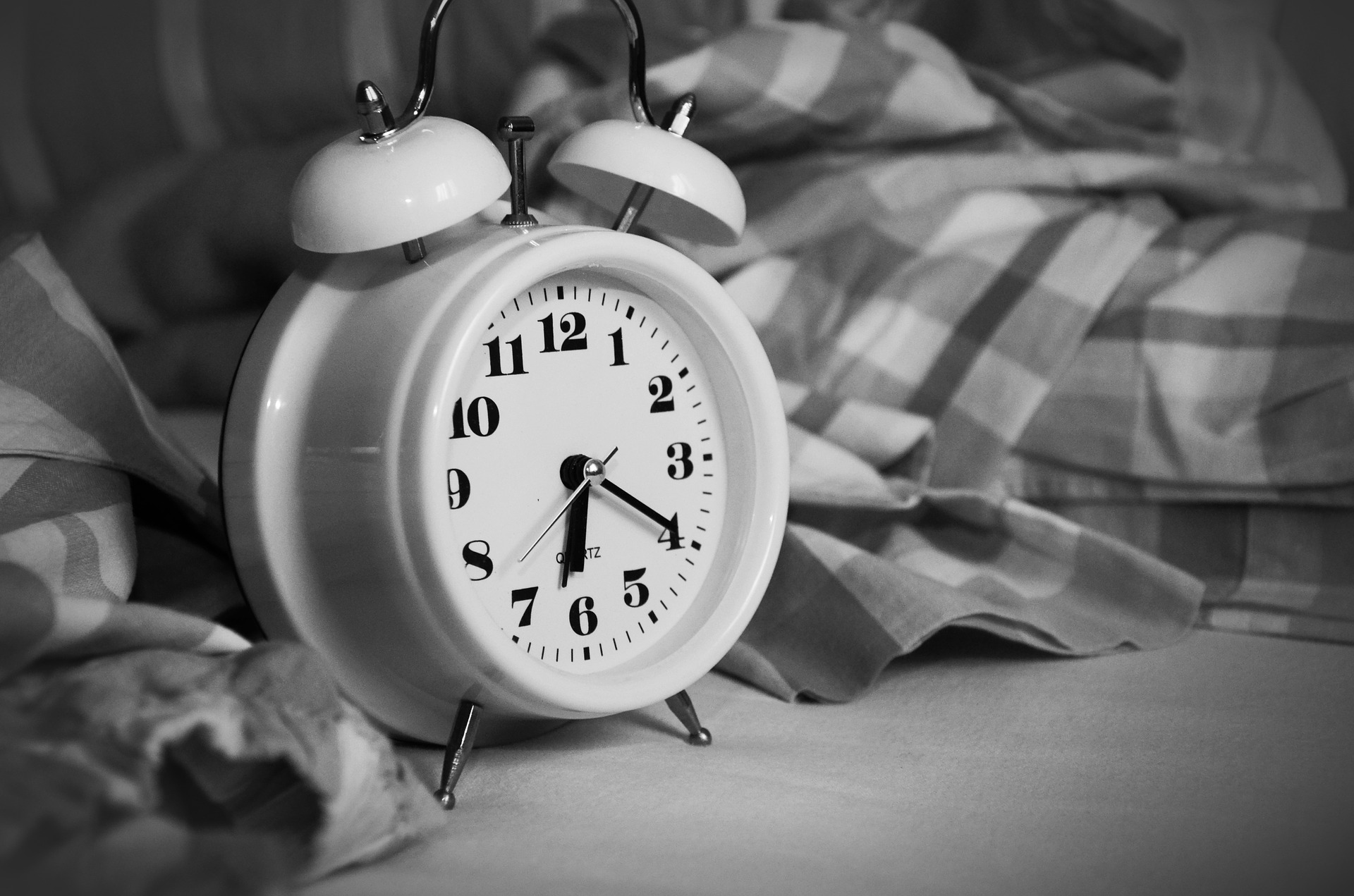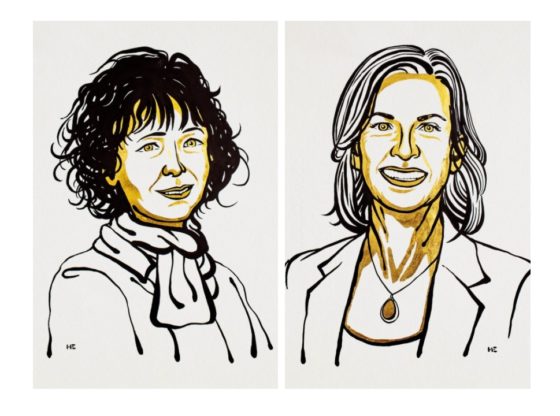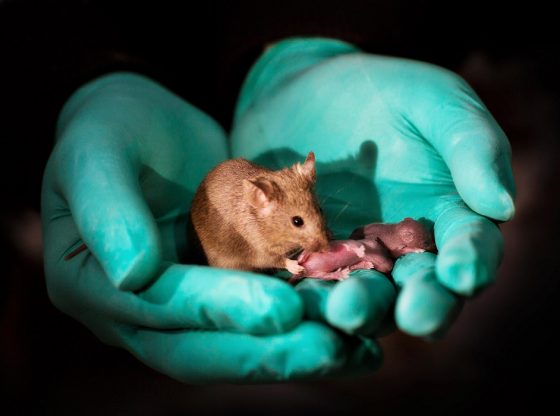A person with so-called delayed sleep phase disorder (DSPD) usually have trouble falling asleep before two or three o’clock in the night. Researchers have now found that a mutation could be to blame.

Patterns of daily human activity are controlled by an intrinsic circadian clock that promotes ∼24 hr rhythms in many behavioral and physiological processes. DSPD is a common form of insomnia in which sleep episodes are shifted to later times that are misaligned with the societal norm.
A new study shows that DSPD could be caused by a mutation in the cells’ biological clock, according to scientists in the United States and Turkey.
They first found a mutation in the gene CRY1 in a 46-year-old American woman and then noticed that both male and female night owls from the same family several generations back carried this very same mutation.
Genetic analyses of several families in Turkey confirms the results: the same mutation was found in 38 cases of DSPD, but not in any of their relatives without DSPD.
DSPD was first formally described in 1981 by Elliot D. Weitzman and colleagues at Montefiore Medical Cente. It is deemed responsible for 7–10% of patient complaints of chronic insomnia.
While it is known that the problem has a hereditary component. Up to 0.6 percent of all people carry the newly discovered mutation. But even a hereditary shift in circadian rhythm can be offset with regular bedtimes and hefty doses of light during the day, according to a report in the journal Cell.
Reference:
Alina Patke, Patricia J. Murphy, Mutation of the Human Circadian Clock Gene CRY1 in Familial Delayed Sleep Phase Disorder











![OpenAI. (2025). ChatGPT [Large language model]. https://chatgpt.com](https://www.illustratedcuriosity.com/files/media/55136/b1b0b614-5b72-486c-901d-ff244549d67a-350x260.webp)
![OpenAI. (2025). ChatGPT [Large language model]. https://chatgpt.com](https://www.illustratedcuriosity.com/files/media/55124/79bc18fa-f616-4951-856f-cc724ad5d497-350x260.webp)
![OpenAI. (2025). ChatGPT [Large language model]. https://chatgpt.com](https://www.illustratedcuriosity.com/files/media/55099/2638a982-b4de-4913-8a1c-1479df352bf3-350x260.webp)








